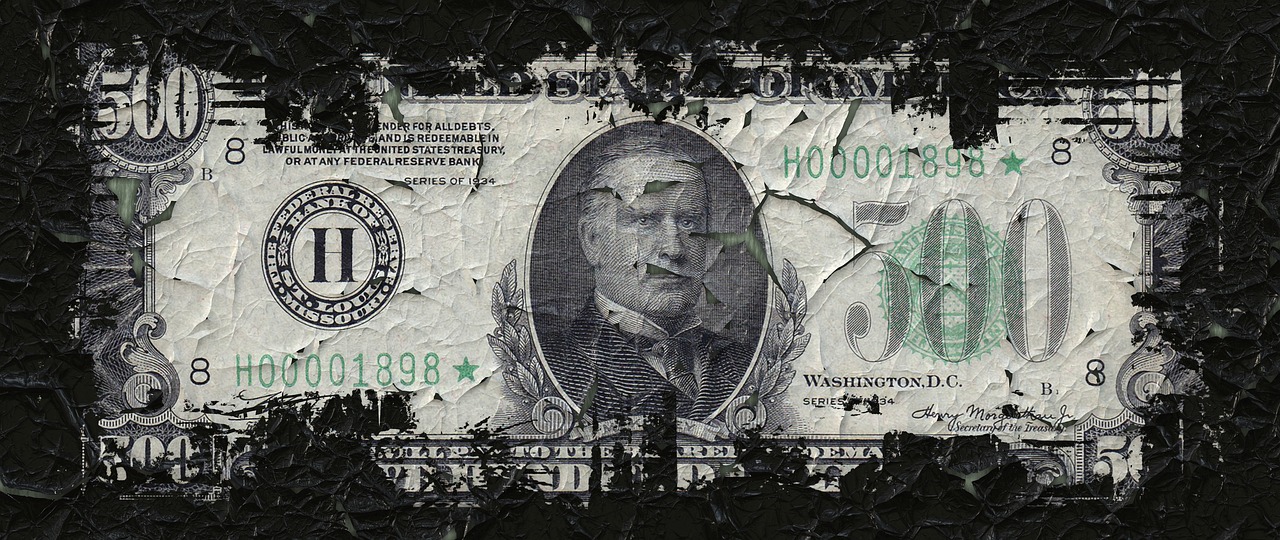-

Politically Correct Mania
Four years ago, I was invited to contribute a chapter to a proposed book titled, “The impact of speech complaints on instructors in higher education.” This is an unlikely title to stir a runaway best seller. What motivated the book’s editors was personal experience of toxic political correctness upon collegiality, course content, and employment. Professors…
-

Is anything real?
I do not know what goes on in the corridors of Davos or the contents of confidential projects funded by corporations and government entities, I am only a bystander who observes dubious research and pontificated guidelines promulgated by experts and agencies. Like Dorothy in the Wizard of Oz, I cannot see behind the screen to…
-

Physical, Social, & Environmental Consequences of Big Agriculture & Big Money
The fate of “Fly-over America” was set by Federal policy changes in the early 1970s. Policies championed by the Secretary of Agriculture, Earl Butz, during the Nixon administration eviscerated protections for small farmers and land use. The consequence was a bubble in grain and land prices with vastly increased farm debt followed by oversupply and…
-

The Limits of Choices We Make
What do you choose? An illusion fostered by education and current culture is that you determine your life outcome by your goals and choices. Set your goals and make your choices. Your choices are where the “rubber hits the road” and presumably determine your success. But, all you really “control” are your choices, and not…
-

The World on Edge
The variables and forces that are influencing or determining the future direction of national and international politics, along with the practice of professions, with emphasis upon psychology, are presented. Plausible outcomes of the current “world order” are described.
-

US Foreign Policy: A Brief Outline
The Roman formula for governance was “bread and circuses”. The modern equivalent is “Walmart, online shopping, media, the NFL, and threats to well-being.” Fear that promoted docility was no doubt present in the Roman era as well as concern about barbarian invasions. But fear was constrained by belief in the gods and antiquity’s clearly defined…
-

How Research Design Warps Understanding of Humanity
The predominant method and approach to research in psychology, social science, and medicine is taken from an agricultural statistical (Ag Stat) research model whose basic premises were formulated in the 1930s through the 1950s. The Ag Stat model is geared to stalks of corn and ears of wheat. In this approach to research, different varieties…
Inquiry & Opinion


